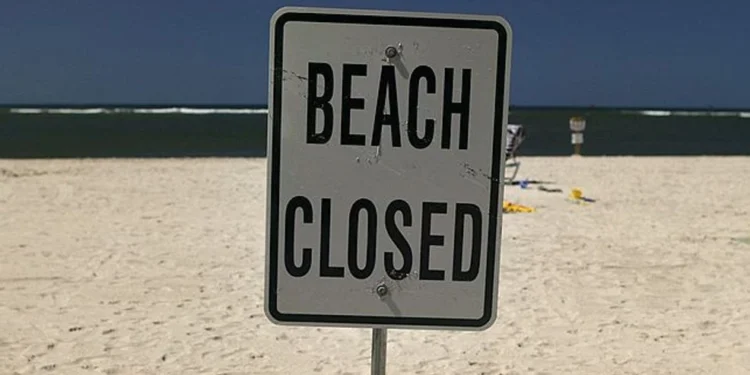Health officials have issued a warning for residents and visitors to Vashon-Maury Island after dangerously high levels of a naturally occurring toxin were detected in local shellfish. Recreational shellfish harvesting is now prohibited in Quartermaster Harbor due to the presence of paralytic shellfish poison, also known as PSP.
Public Health – Seattle & King County confirmed the toxic levels and announced that the Washington State Department of Health has officially closed the affected beaches to harvesting. Signs will soon be posted along the shoreline to alert the public to the risks.
The ban applies to all types of shellfish, including clams, mussels, oysters, scallops, geoduck, snails, and other marine invertebrates. Crab and shrimp are not included in the closure, but caution is still urged. While crab meat is generally safe, the internal organs, commonly called “crab butter”, it can contain dangerous amounts of the toxin and should be discarded before eating.
PSP is a potentially deadly neurotoxin produced by microscopic marine organisms. It cannot be seen, smelled, or tasted, and is not destroyed by cooking, freezing, or any home-preparation methods. This makes laboratory testing the only reliable method of detection.
The commonly used term “red tide” is inaccurate in this case, as water discoloration is not a reliable indicator of PSP presence.
Symptoms of PSP poisoning can appear within 30 to 60 minutes of consuming contaminated shellfish, though in some cases it may take longer. Early signs include tingling or numbness in the face and limbs, followed by nausea, dizziness, headaches, and a sense of disorientation or floating. Severe cases can result in muscle paralysis, respiratory failure, and death, sometimes within hours of exposure.
Public Health authorities urge anyone who believes they may have consumed contaminated shellfish to seek immediate medical attention.
Local agencies will continue to monitor toxin levels and update the public as conditions change. Until then, residents are strongly advised to avoid collecting or eating shellfish from the impacted area.







